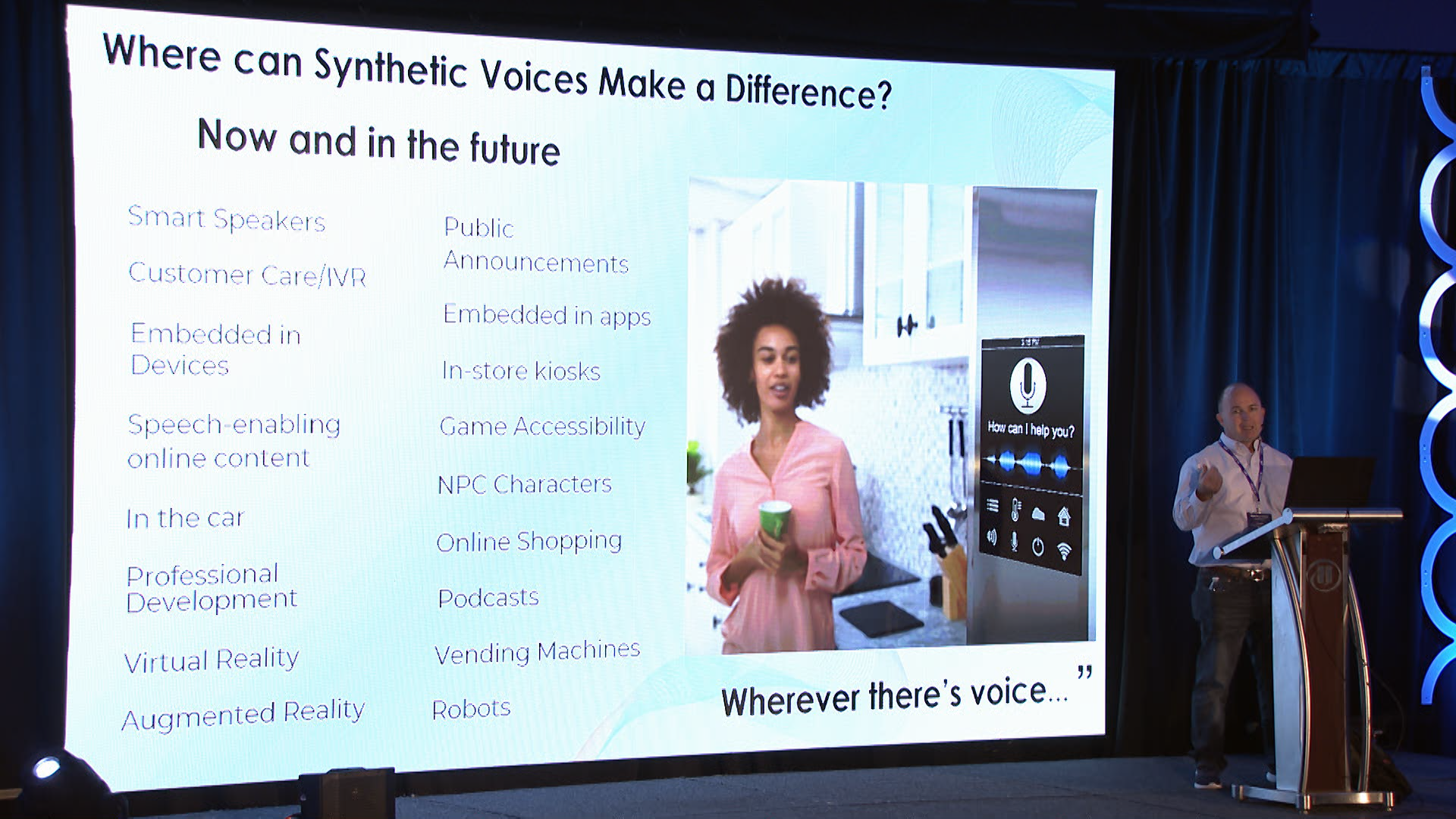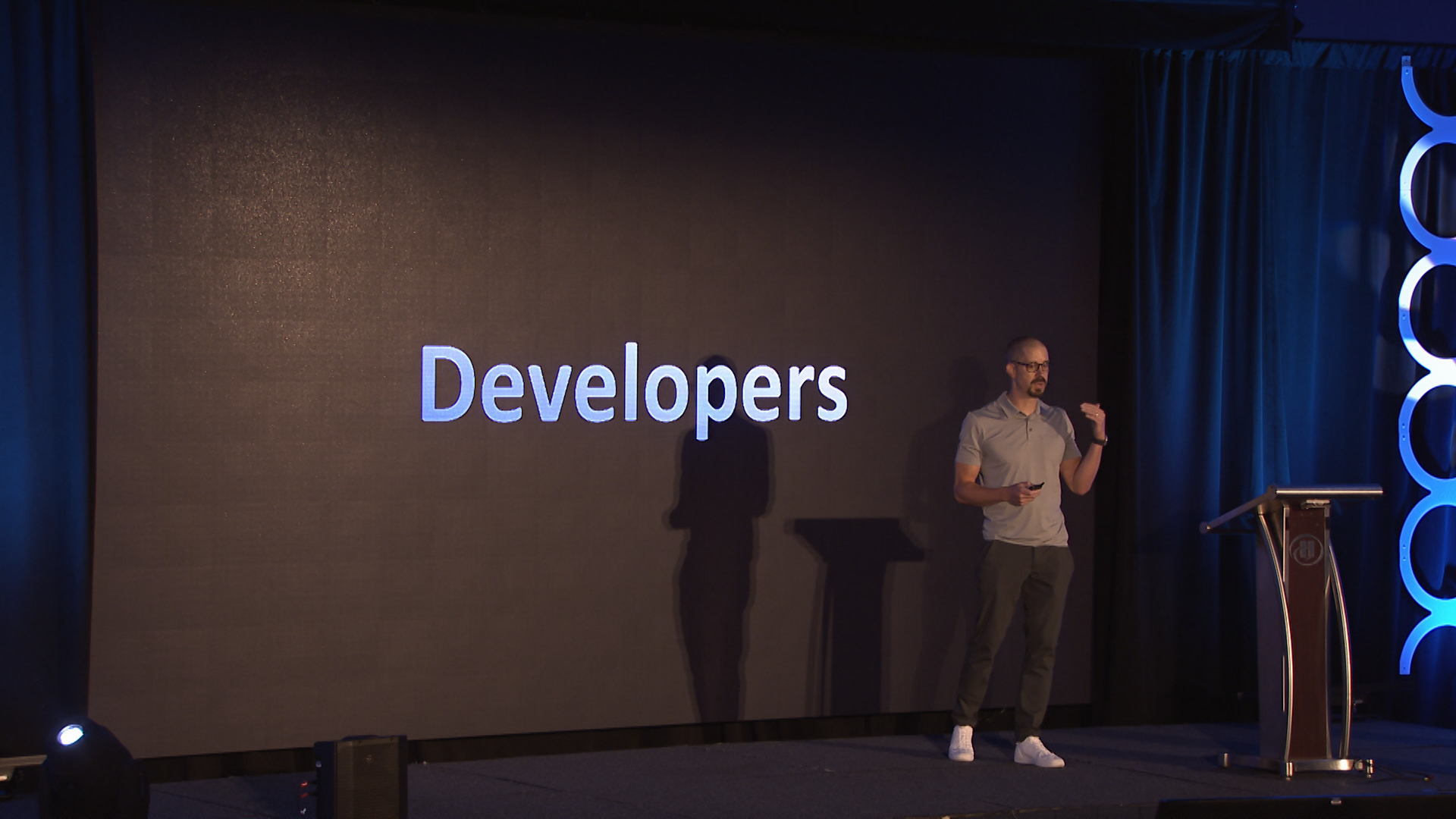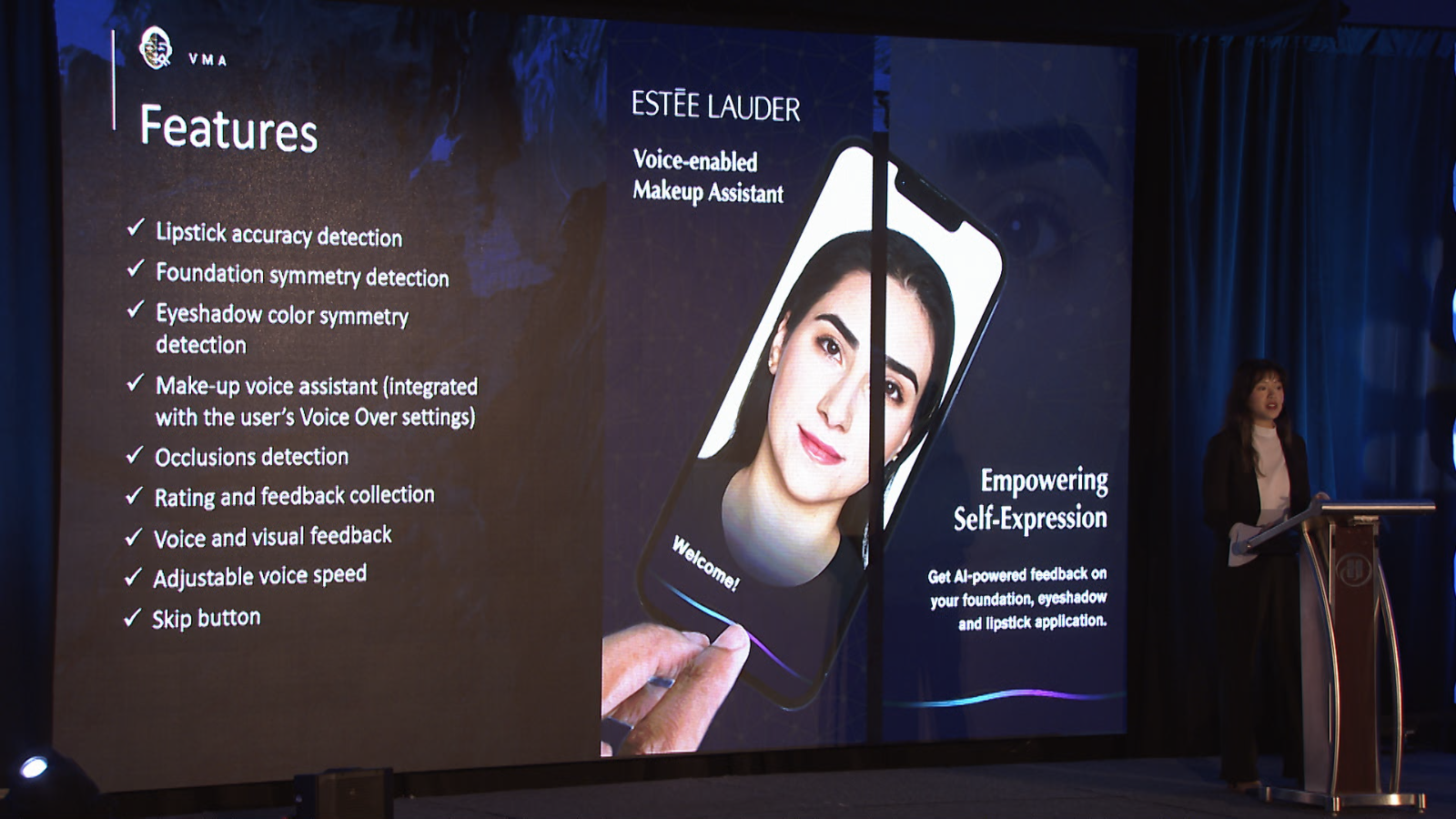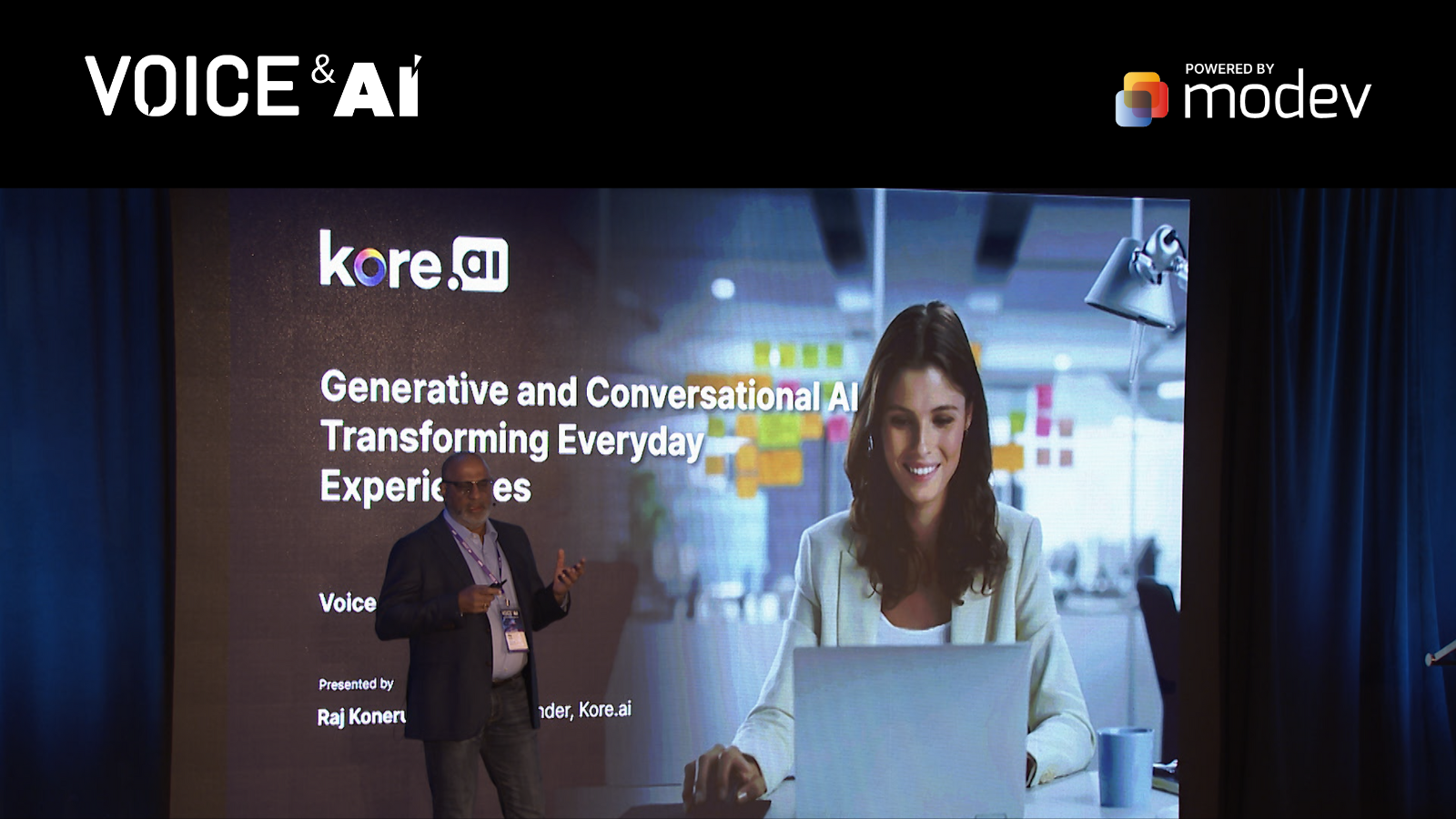There’s a lot of hype out there about implementing Artificial Intelligence (AI). You need to figure out where to start incorporating AI in your business or department. Now is a good time to gain clarity on the right way to start implementing AI into your business.
Instead of paying attention to the AI media story du jour, look inside for possible solutions that can strengthen your business from the core. Begin by identifying a business function that would benefit from more efficiency, enhanced productivity, and/or increased. Usually, this type of improvement involves rote tasks that are repeated over and over again. For example, consider that Grammarly proofreads documents, a task that occurs millions of times every business day.
AI implementations should be approached with a careful, structured plan. Here are seven steps to consider when preparing for an AI implementation:
- Define Your Business Goal: The first step in implementing AI in any business is to define a business goal that can be benefit from faster automated actions. Are you looking to improve customer service, increase sales, enhance operational efficiency, or reduce costs? The objectives should be Specific, Measurable, Achievable, Relevant, and Time-bound (SMART).
- Understand the AI Landscape: ChatGPT and other generative AI tools are dominating media headlines. However, there are many other tools available that may be a better fit for your business and goals. Some additional AI types that may work for your company include Machine Learning, Deep Learning, Natural Language Processing, Robotic Process Automation, and more. It's crucial to familiarize yourself with the different types of AI technologies and their capabilities.
- Identify AI Opportunities: Once you have a potential solution area, and a better understanding of what AI tools are available, identify areas where AI could be beneficial. This might include tasks that are repetitive, time-consuming, prone to error, or require large amounts of data processing. For example, document summarization is a good use case for generative AI.
- Select Your Team: Implementing AI requires specialized skills. You might need data scientists, AI specialists, and IT professionals who understand your business and the technology. However, you might not need your own team if you are using established tools built as services by AI companies. Instead, you will need someone familiar with AI tools who is a subject matter expert in the business process area you are trying to improve. If these skills don't exist within your organization, you can partner with a third-party provider.
- Assess Your Data: AI algorithms need to learn from data to make accurate predictions. Assess your existing data and ensure that you have the necessary quantity and quality of data to train your new AI solution. Clean, organized, and relevant data is crucial for the success of any AI implementation. Using our document summarization example, you need to have enough documents structured in a clear and clean fashion that a large language model will be able to train on it.
- Develop a Pilot Project: Start with a project that is small, manageable, and low risk that has a high chance of success. This could be an AI chatbot for customer service or even data analysis. A pilot project allows you to test the waters, learn from mistakes, and build momentum for larger AI initiatives.
- Change Management: AI often brings process changes to a job function, department, or even an enterprise. Understanding the internal cultural hurdles, from team perception to IT policy, helps you create a plan to not only develop a successful use case but also ensures that your enterprise will embrace it.
After implementing the pilot project, assess its performance against the objectives. Your success will empower further adoption and on a greater scale. Plan for more. Regardless, find out what works and what you can improve, so you can repeat the process.
Remember, AI implementation is a journey, not a one-time event. It requires continuous learning, adjustment, and investment.
Learn more pragmatic tips from businesses that are implementing AI today at VOICE & AI. Register today at https://www.voiceand.ai/. Register by July 7 and get a 50% discount using the code SUMMER50.
About Modev
Modev believes that markets are made and thus focuses on bringing together the right ingredients to accelerate market growth. Modev has been instrumental in the growth of mobile applications, cloud, and generative AI, and is exploring new markets such as climate tech. Founded in 2008 on the simple belief that human connection is vital in the era of digital transformation, Modev makes markets by bringing together high-profile key decision-makers, partners, and influencers. Today, Modev produces market-leading events such as VOICE & AI, and the soon to be released Developers.AI series of hands-on training events. Modev staff, better known as "Modevators," include community building and transformation experts worldwide.
To learn more about Modev, and the breadth of events offered live and virtually, visit Modev's website and join Modev on LinkedIn, Twitter, Instagram, Facebook, and YouTube.






